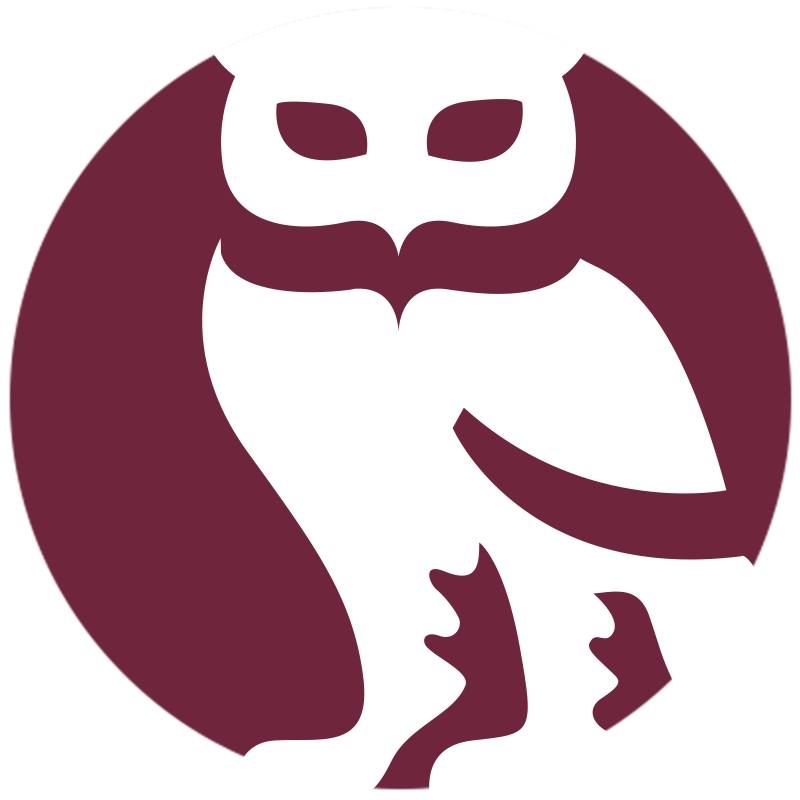This 10-week course will broadly outline some of the main assumptions of counselling work, and demonstrate how the work is different from other roles, such as friendship and other helping professions. With a good understanding of counselling in general, you will be introduced to the history of talki

What is counselling? How does it help? How does it differ from a good conversation with a friend?
The main aims of this Introduction to Counselling course will be to:
introduce you to the basic ideas, aims and methods of the main types of counselling
give you an understanding of what counselling is, and how it is different from other supportive roles
offer you the opportunity to learn about yourself and to develop greater self-awareness.
This 10-week course will broadly outline some of the main assumptions of counselling work, and demonstrate how the work is different from other roles, such as friendship and other helping professions. With a good understanding of counselling in general, you will be introduced to the history of talking treatment from Freud to the contemporary context.
You will learn about three major counselling modalities on this course - an exploration of psychodynamic, person-centred and cognitive behavioural counselling. A key aspect of Introduction to Counselling is the development of self-awareness and the capacity for self-reflection: these skills will be developed through a series of experiential exercises.
The course is ideal if you have no previous knowledge or experience of counselling and want to learn more. You can take it as a standalone course or, if you wish to gain more skills and knowledge in this area, you can use the credits from this short course when applying for our Counselling and Counselling Skills Cert HE.
Entry requirements
Most of our short courses have no formal entry requirements and are open to all students.
This short course has no prerequisites.
As part of the enrolment process, you may be required to submit a copy of a suitable form of ID.
International students who wish to come to the UK to study a short course can apply for a Visitor visa. Please note that it is not possible to obtain a Student visa to study a short course.
Birkbeck has been helping people access higher education and transform their lives for nearly 200 years. We have an illustrious, unconventional and radical history of which we are very proud.
The Founding of the College
Birkbeck was founded on the evening of 11 November 1823, when around 2000 people flocked to the Crown and Anchor Tavern on the Strand to hear Dr George Birkbeck speak on the importance of educating the working people of London. Supporters present at the event including Jeremy Bentham, the philosopher and originator of Utilitarianism, Sir John Hobhouse, a Radical MP who held several important government posts across his career, and Henry Brougham, a liberal MP, anti-slavery campaigner and tireless educational reformer.
Following this initial meeting, the London Mechanics’ Institute was formally created at the same location on 2 December 1823, with the stated aim of educating working people.
This foundation meant that, for the first time, artisans and craftspeople could learn about science, art and economics: a concept so controversial that George Birkbeck was accused of 'scattering the seeds of evil'. Undeterred, George Birkbeck called his supporters to action: 'Now is the time for the universal benefits of the blessings of knowledge.' Many donors were convinced by the important mission and enough money was raised to open the Institution and pursue a radical new vision.
Leading the Way
Seven years later, in 1830, the Institute took a further radical step by becoming one of the first colleges to admit women as students - nearly 40 years before the Universities of Oxford and Cambridge.
In 1858, the ratification of the University of London’s Charter meant that any student could sit degree examinations. Birkbeck fast became the best choice for students who wanted a university education but could not afford to study full-time.
This role was formalised in 1920 when Birkbeck officially became part of the University of London, on the understanding that it would continue to offer evening study.
© 2025 coursetakers.com All Rights Reserved. Terms and Conditions of use | Privacy Policy